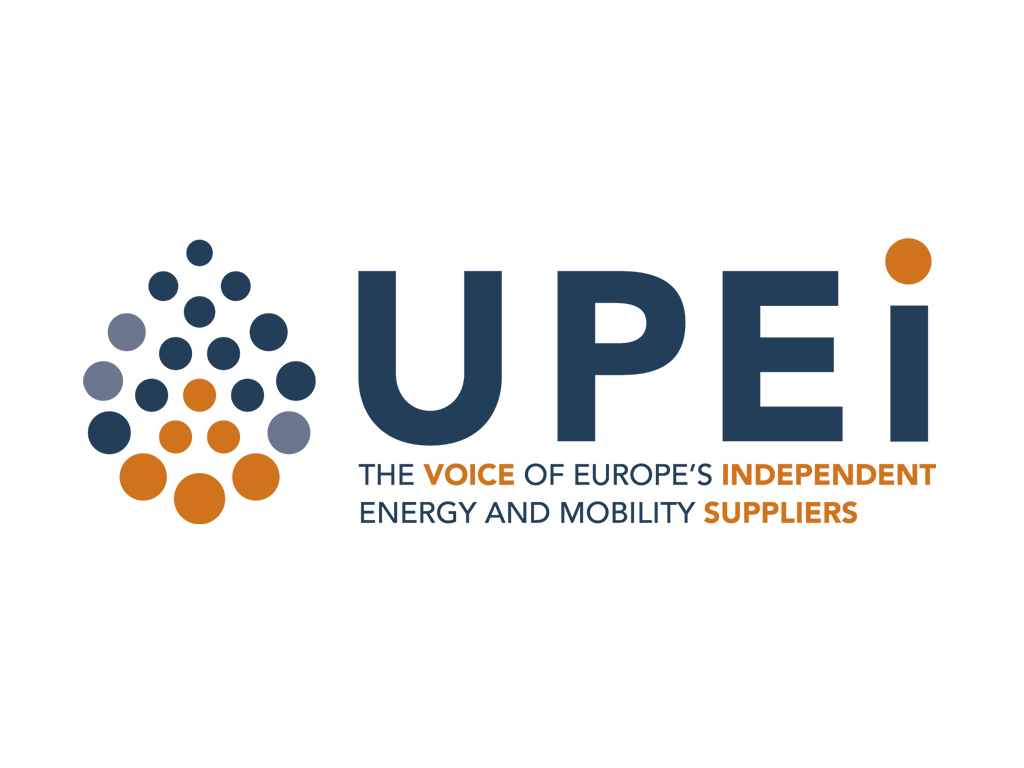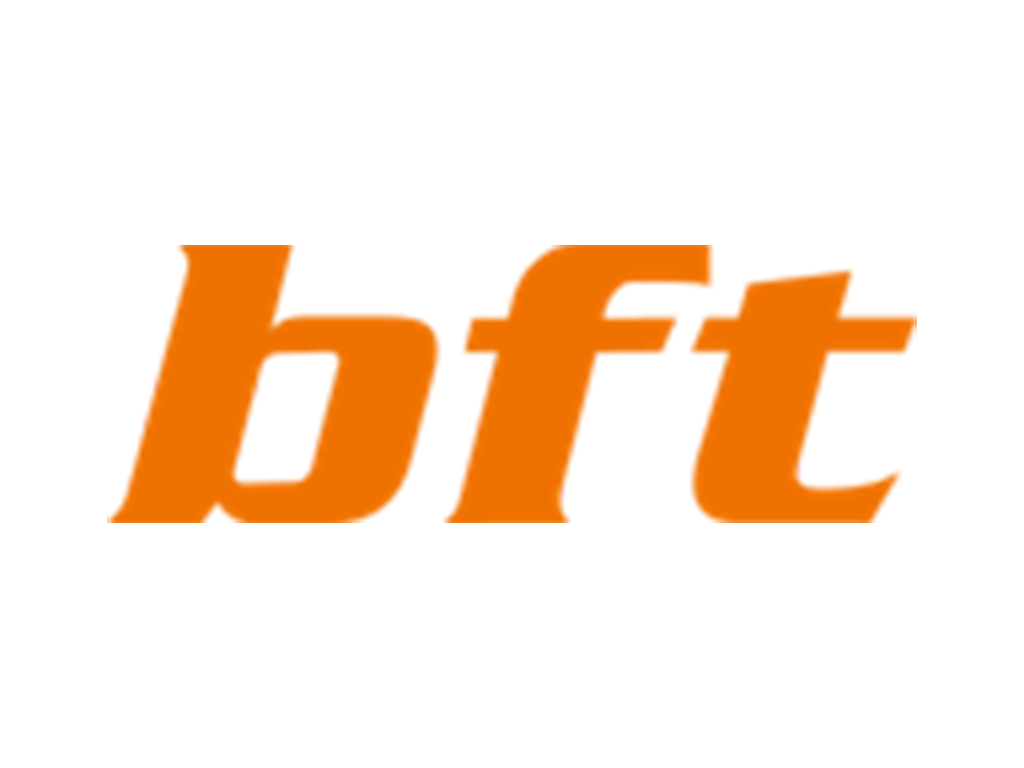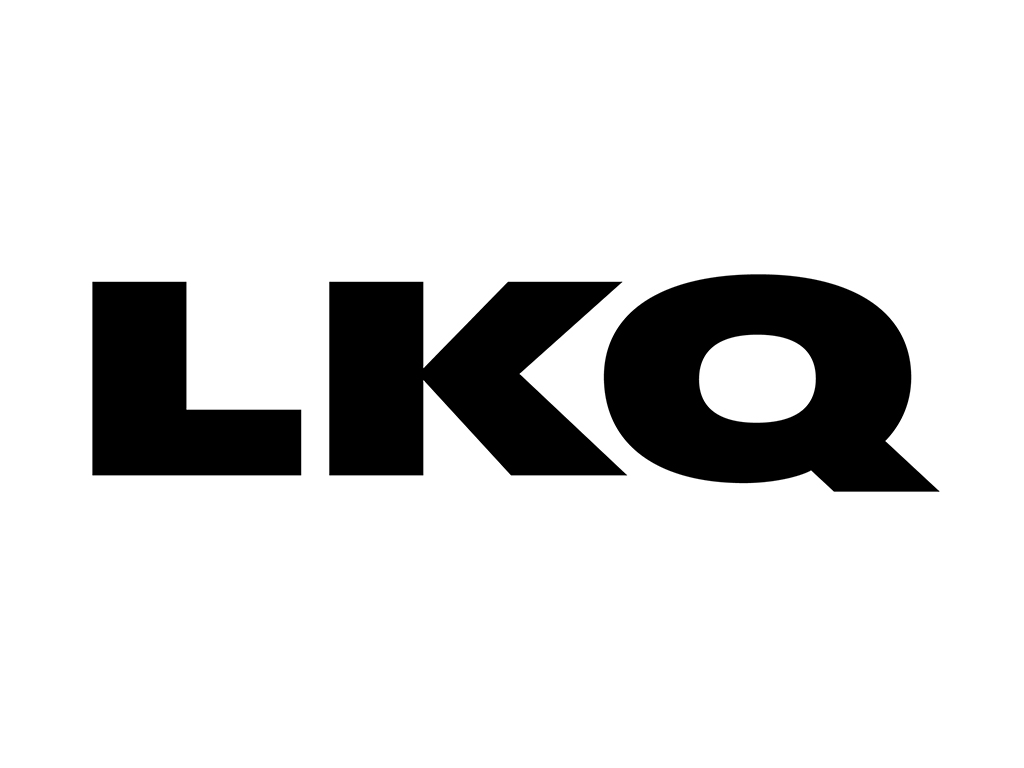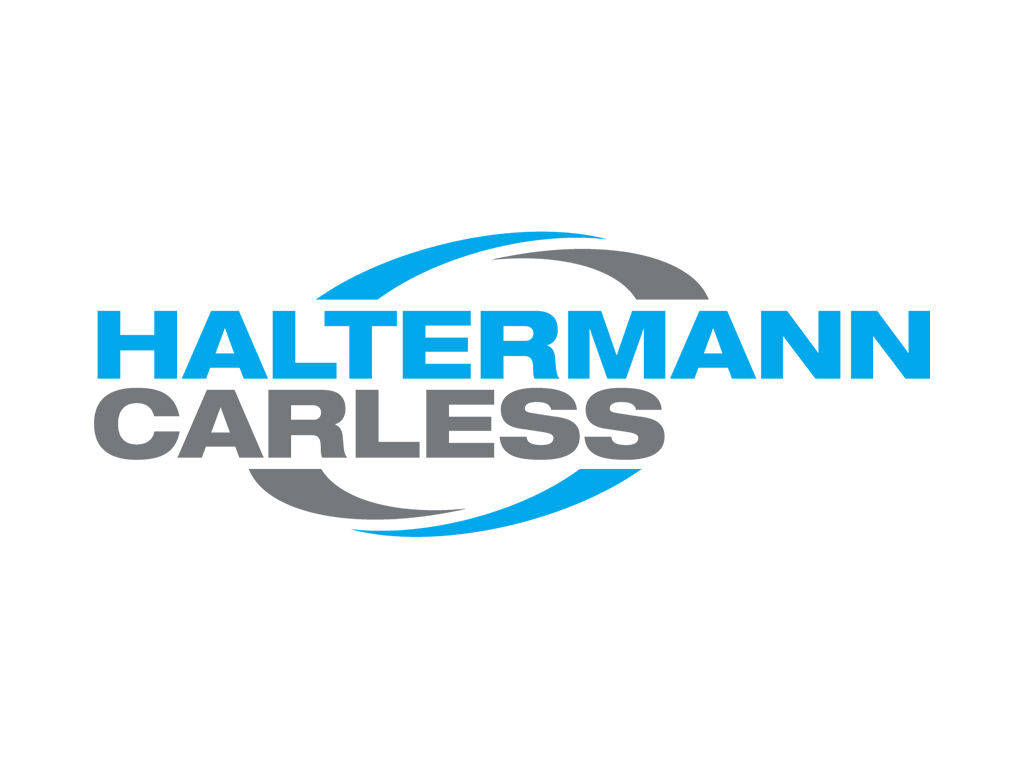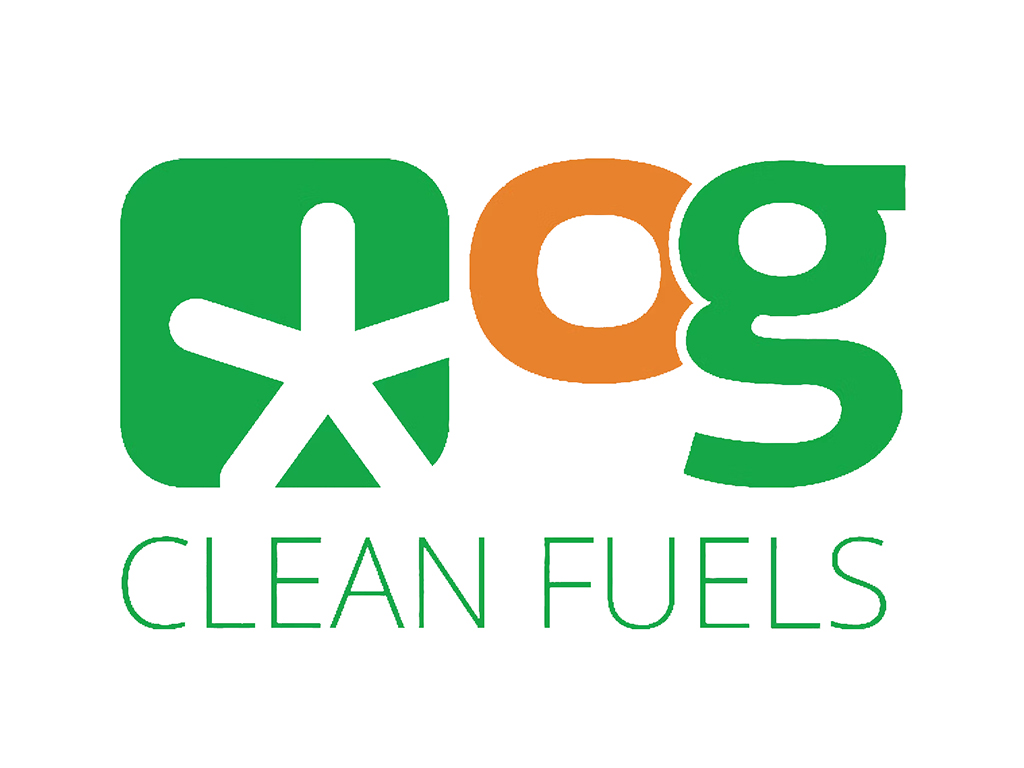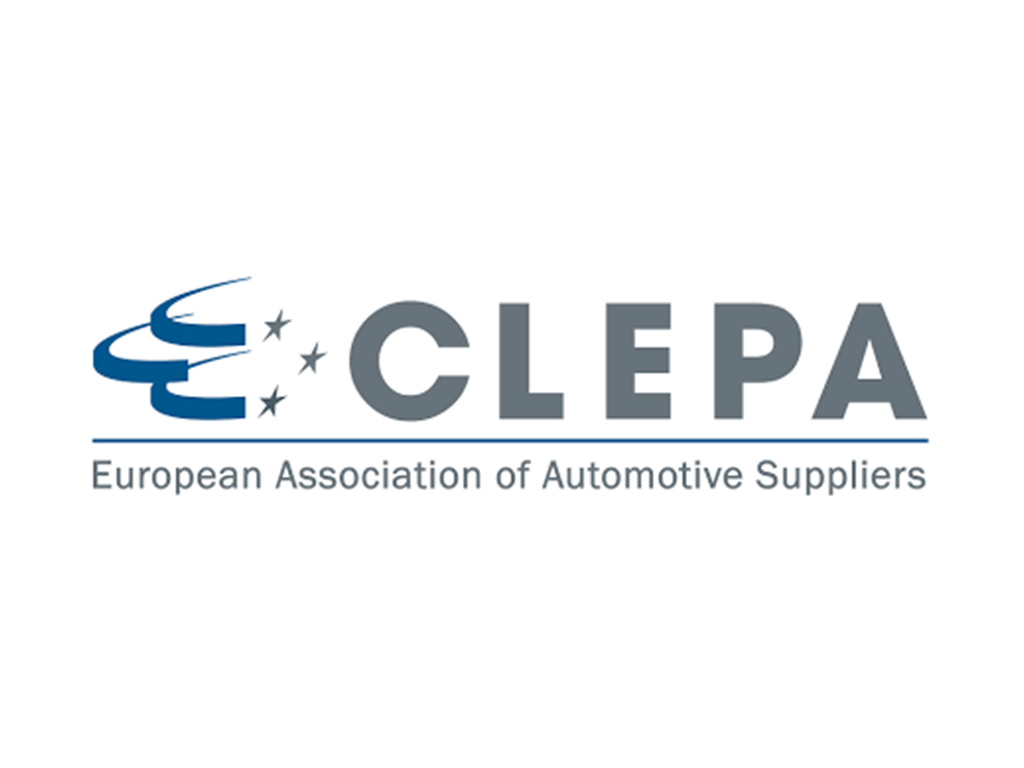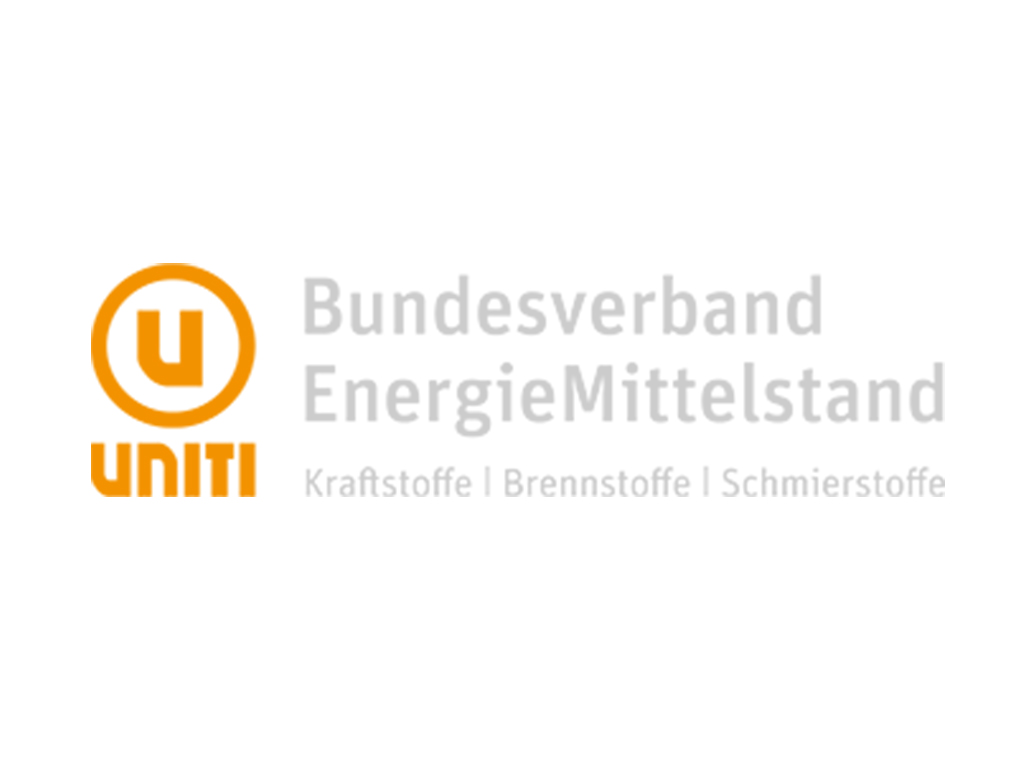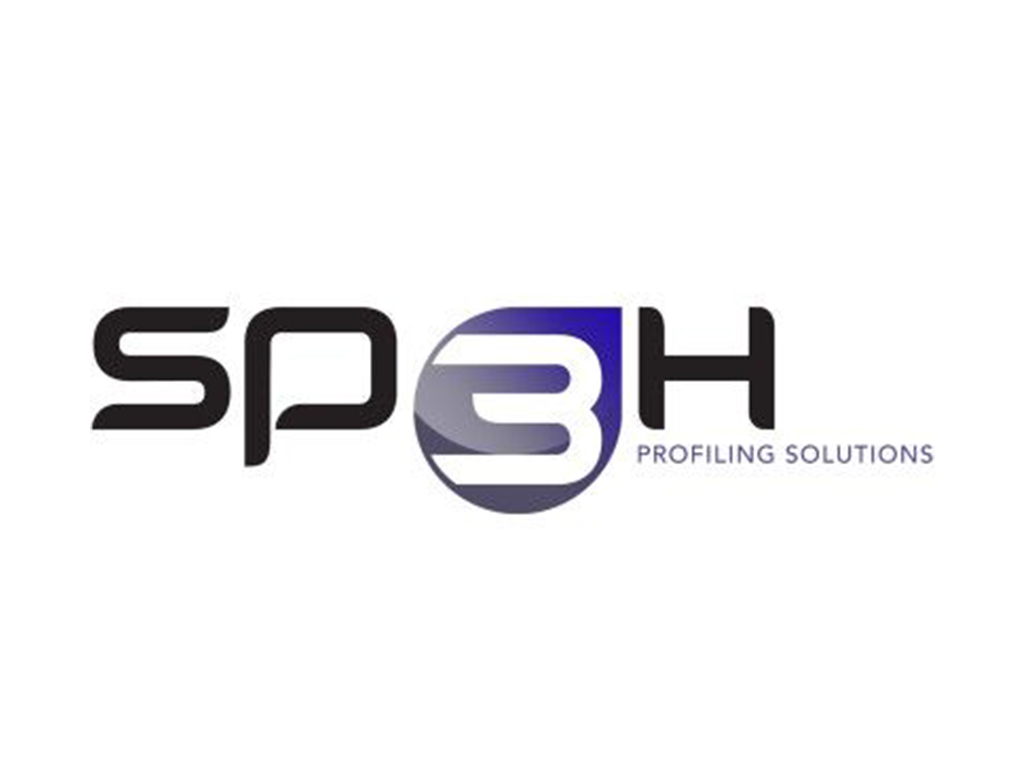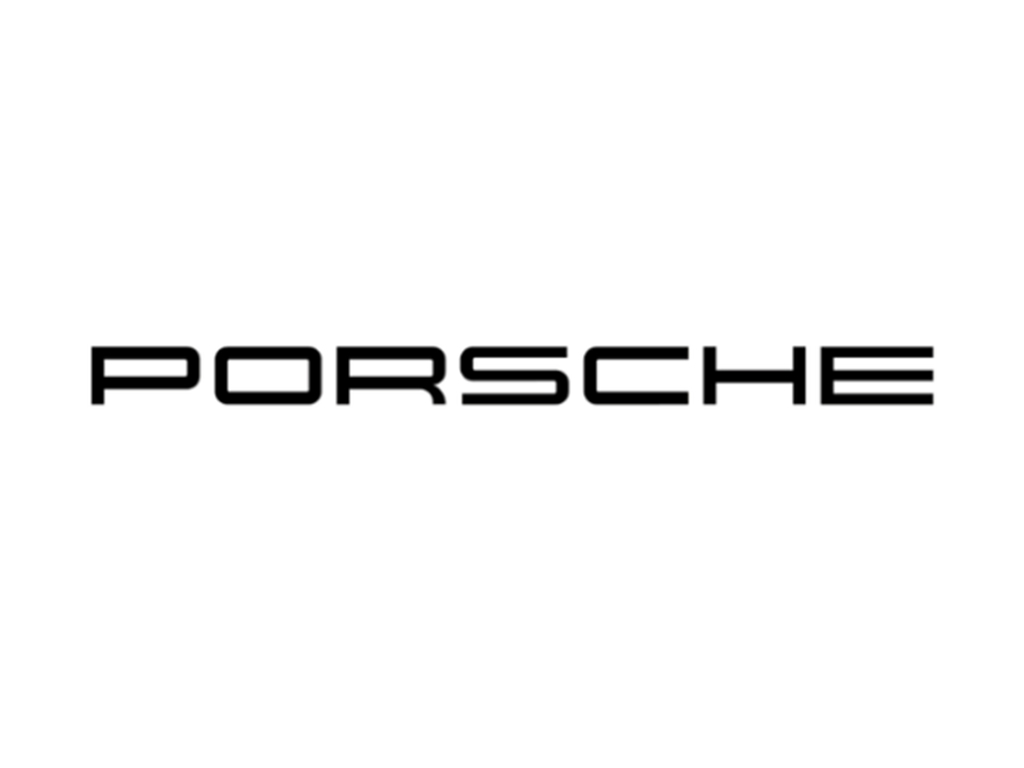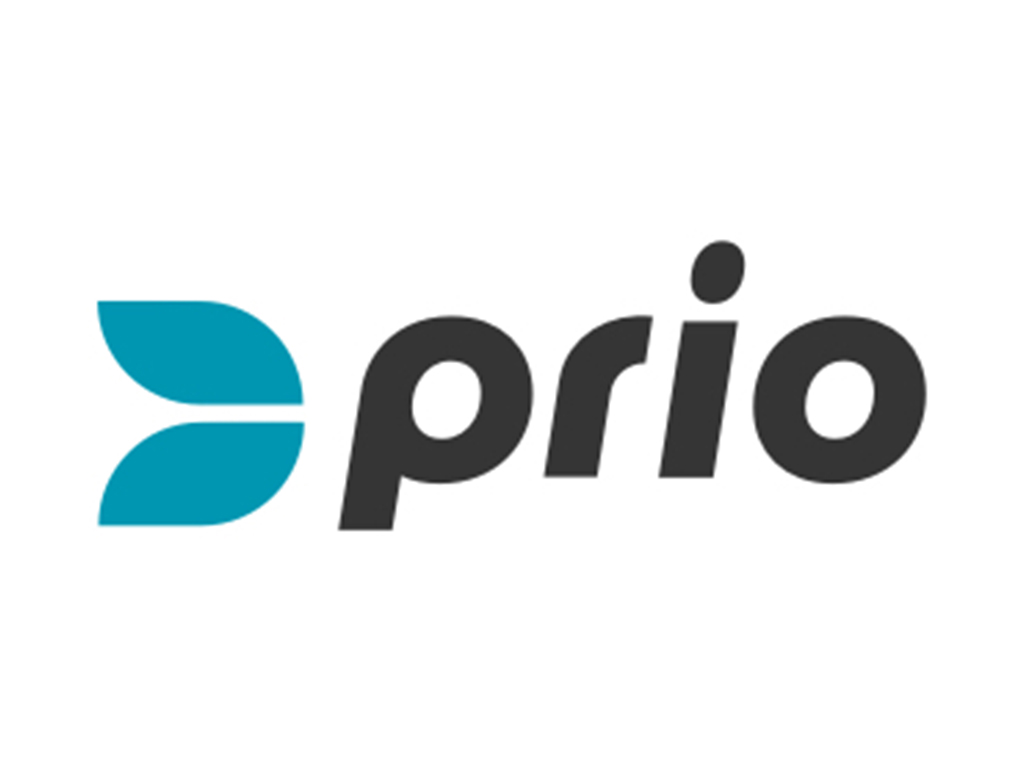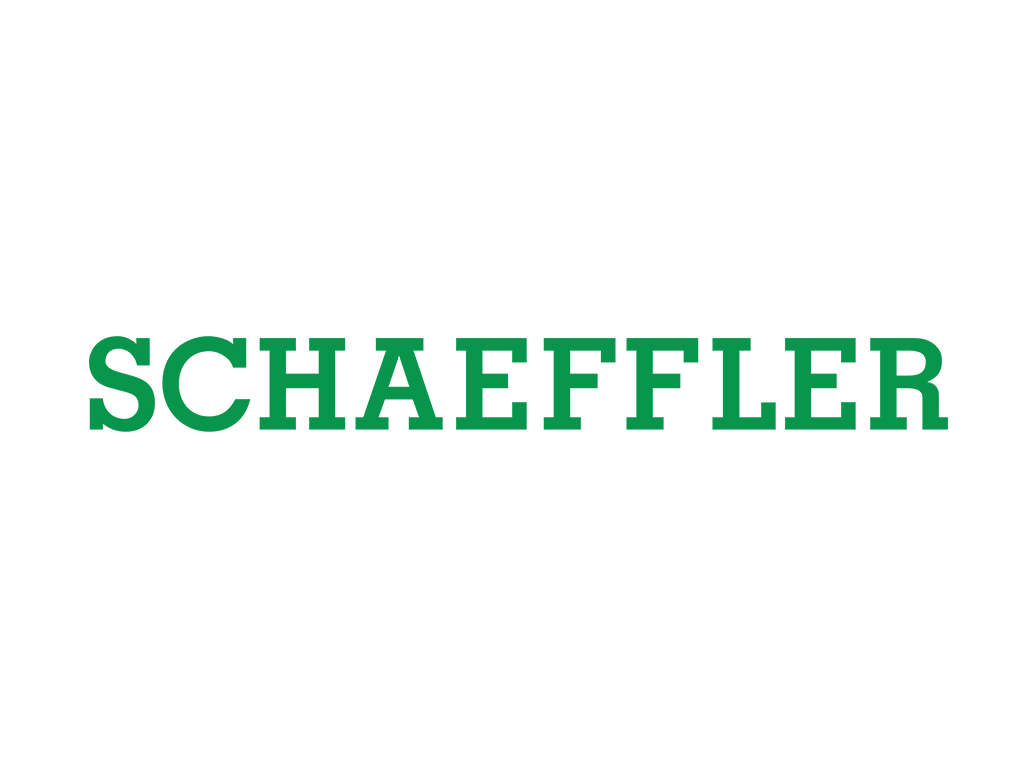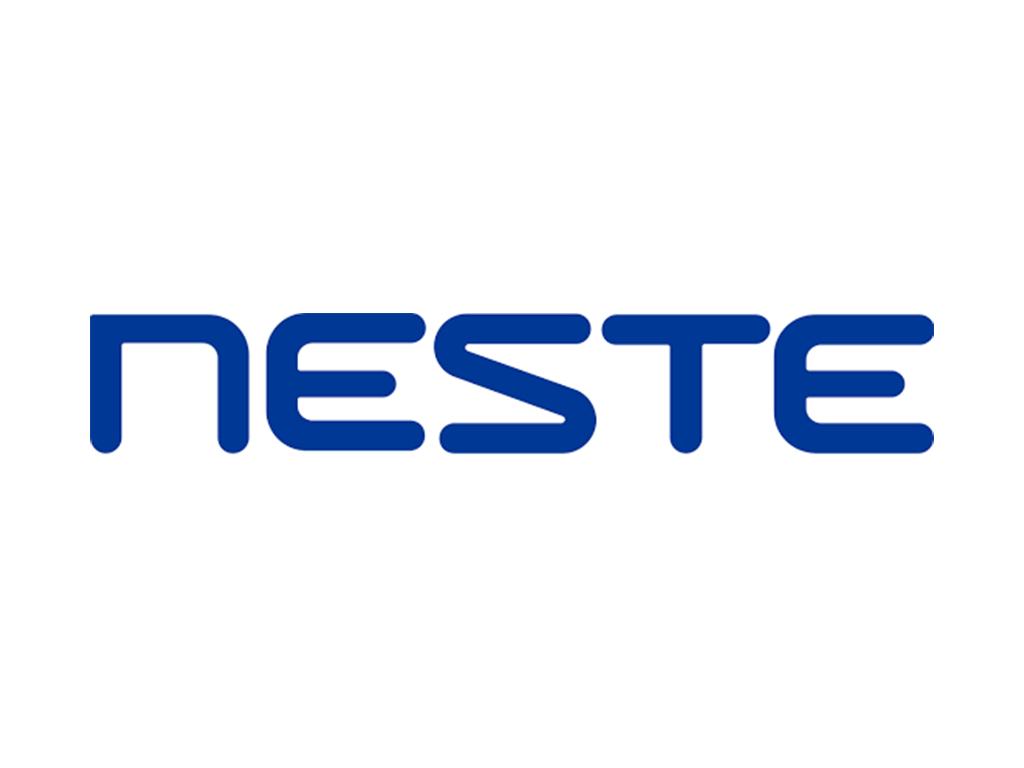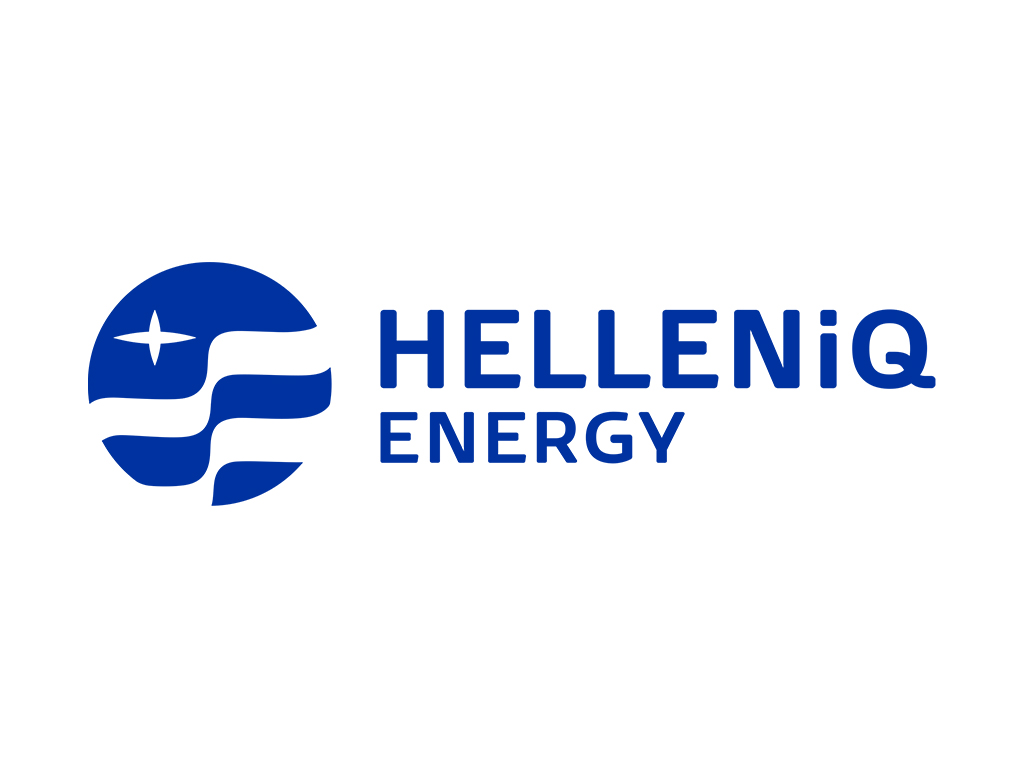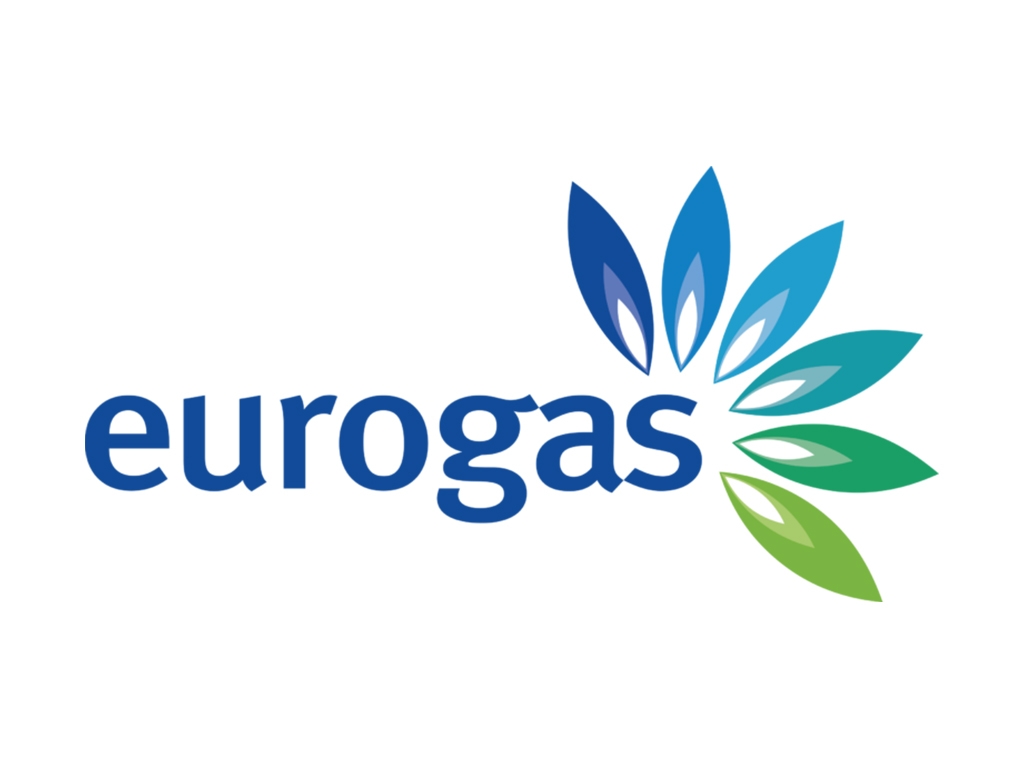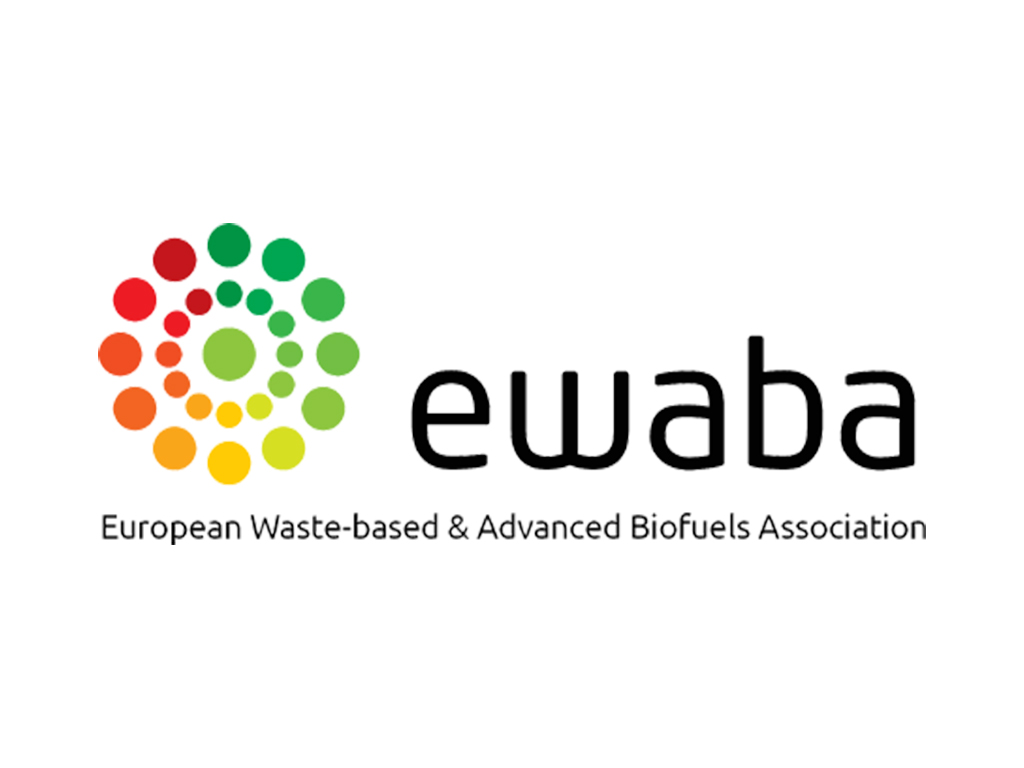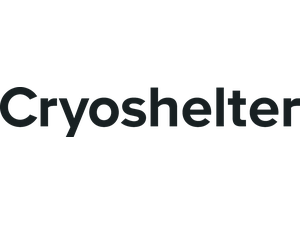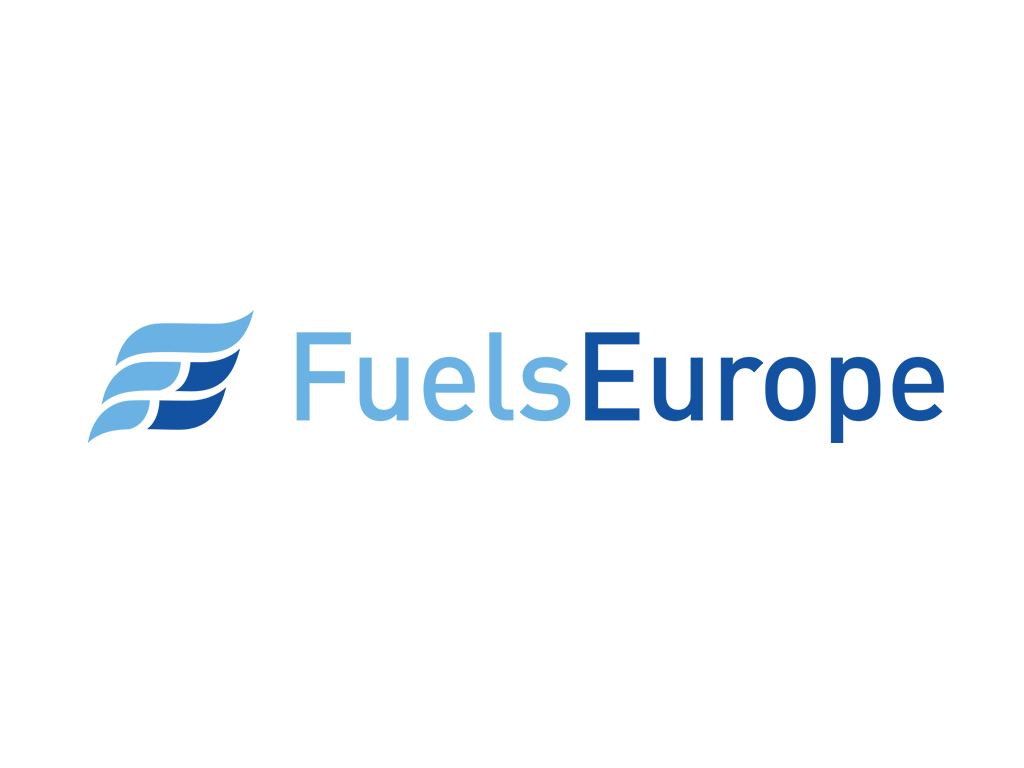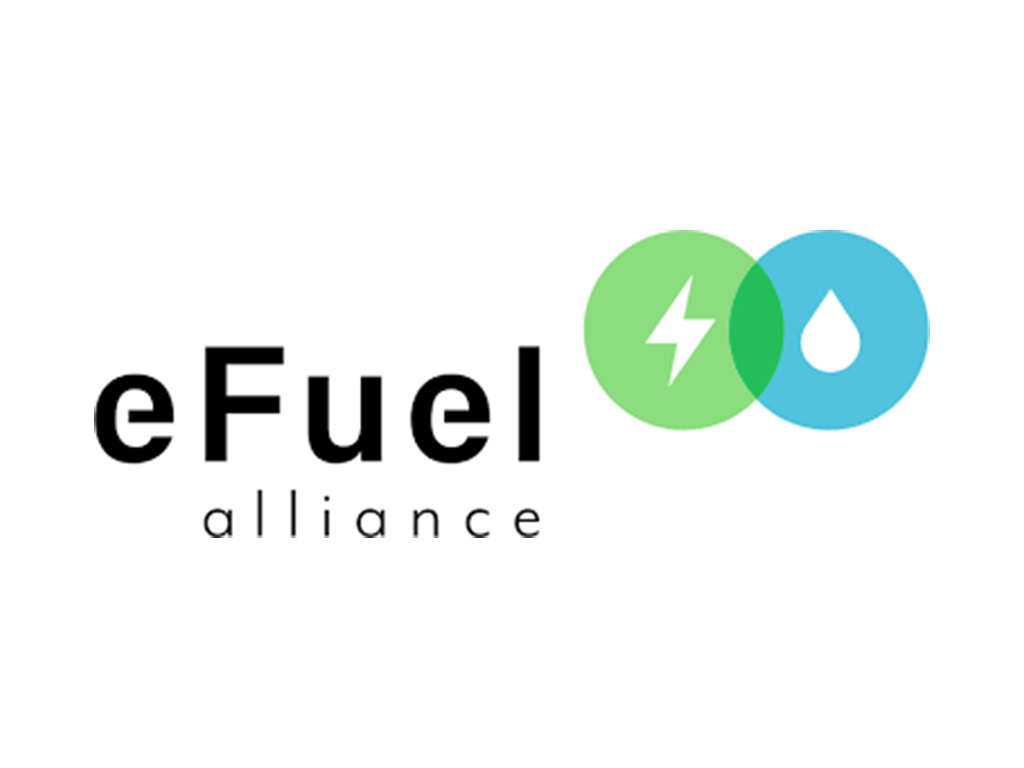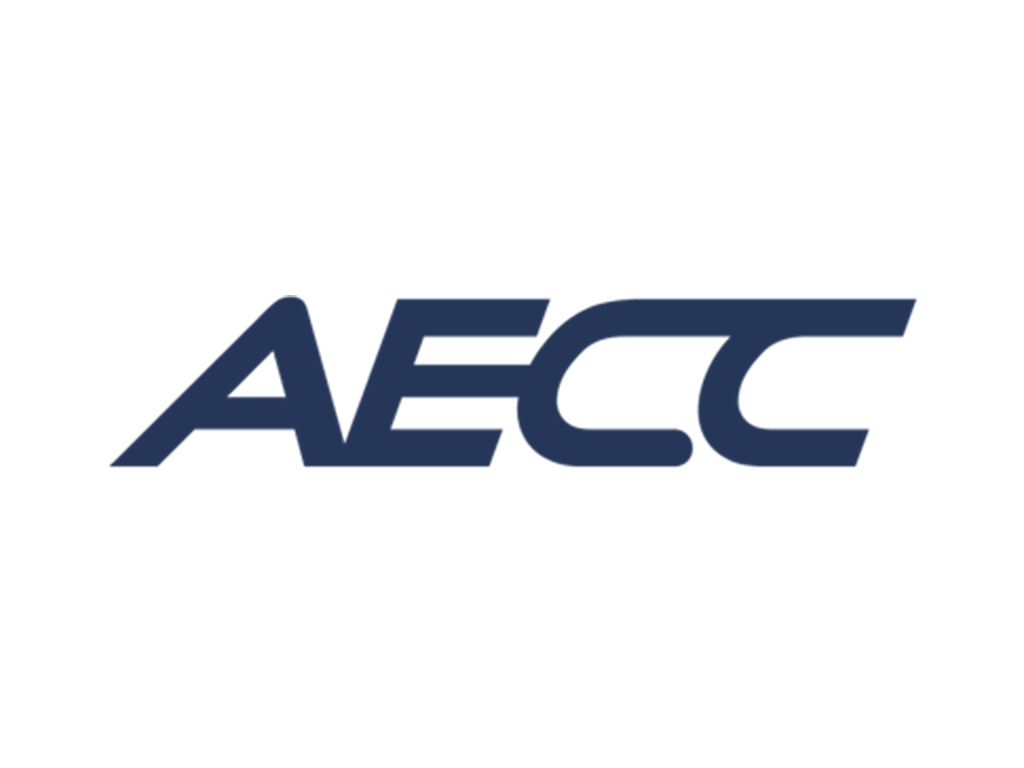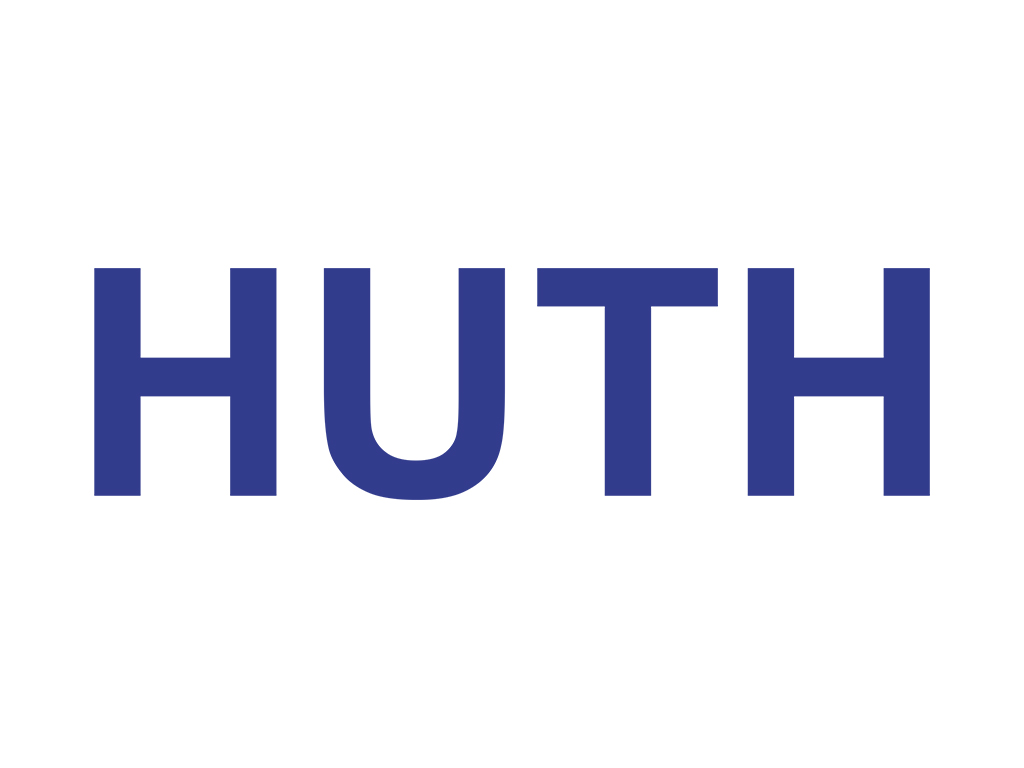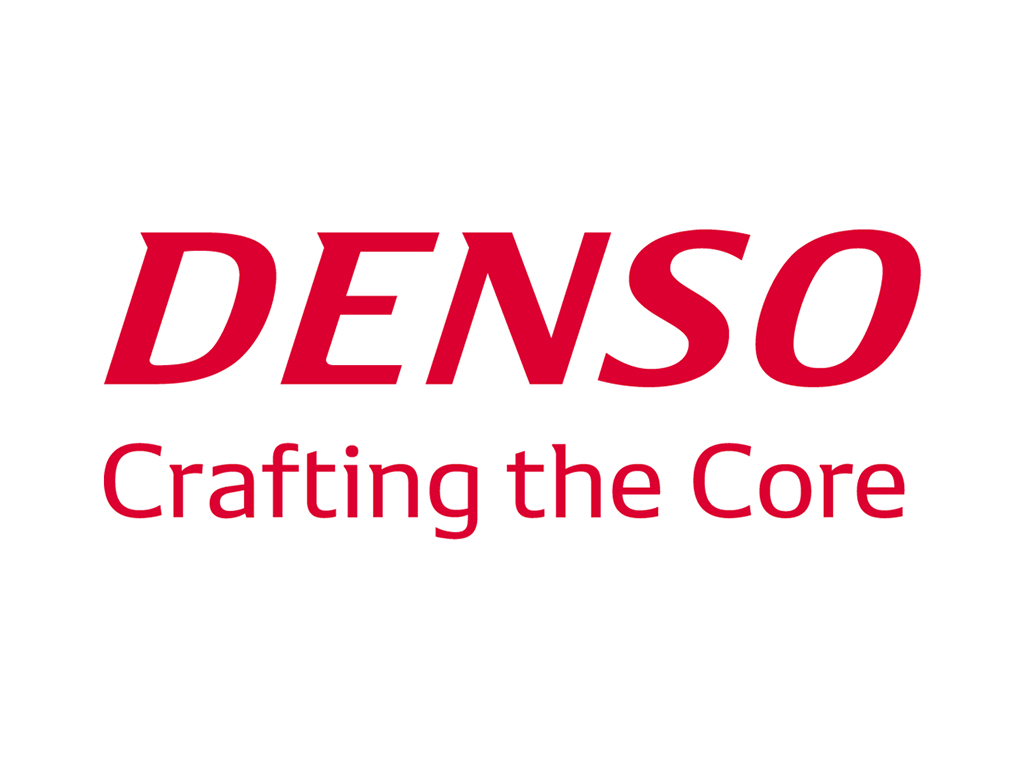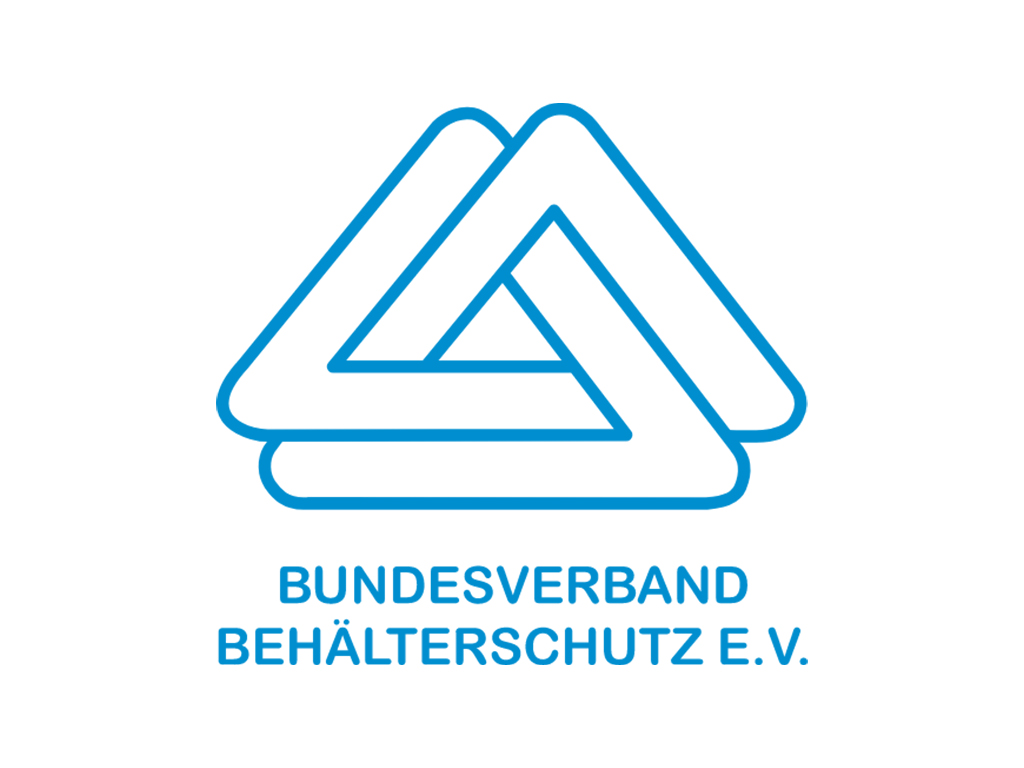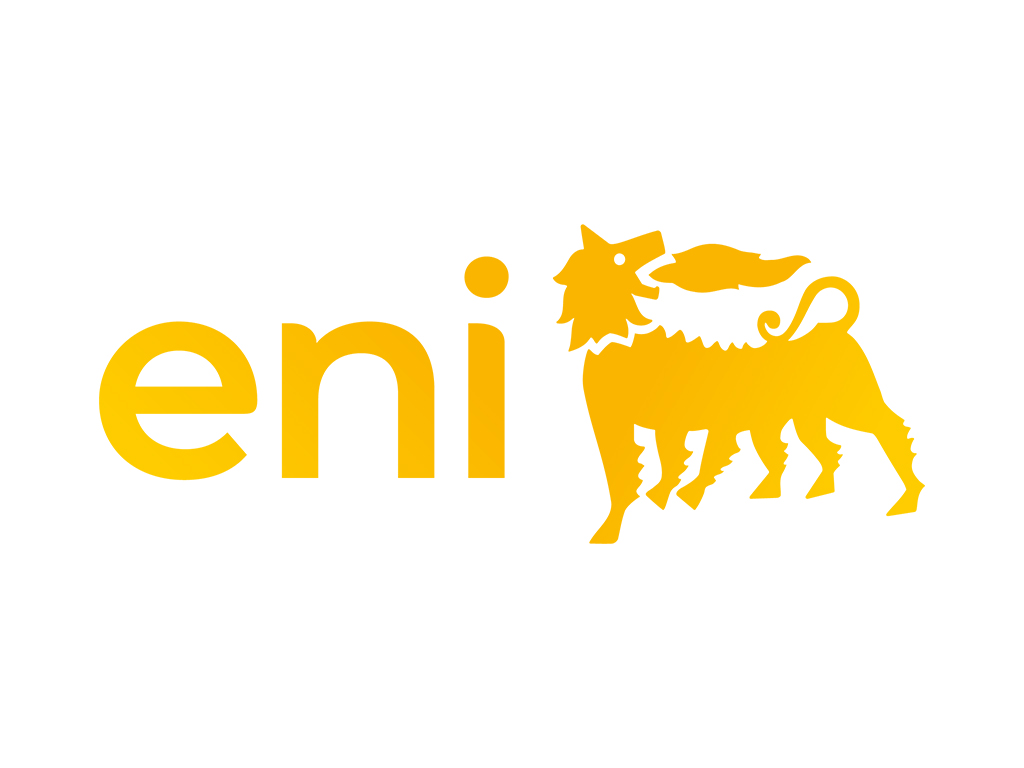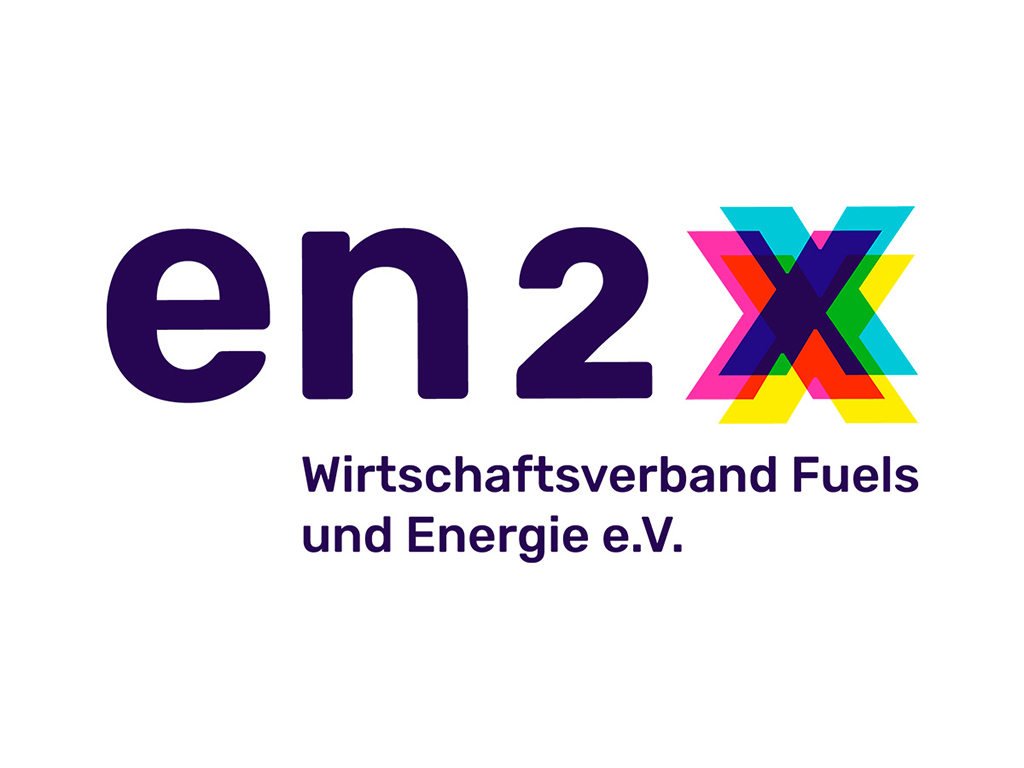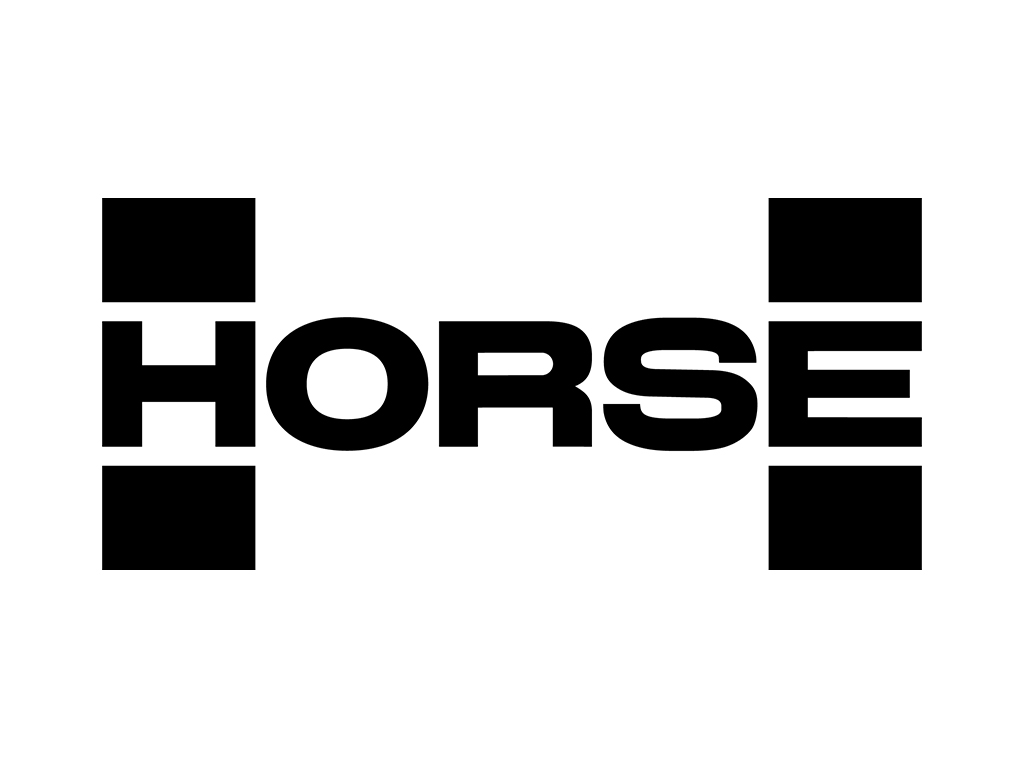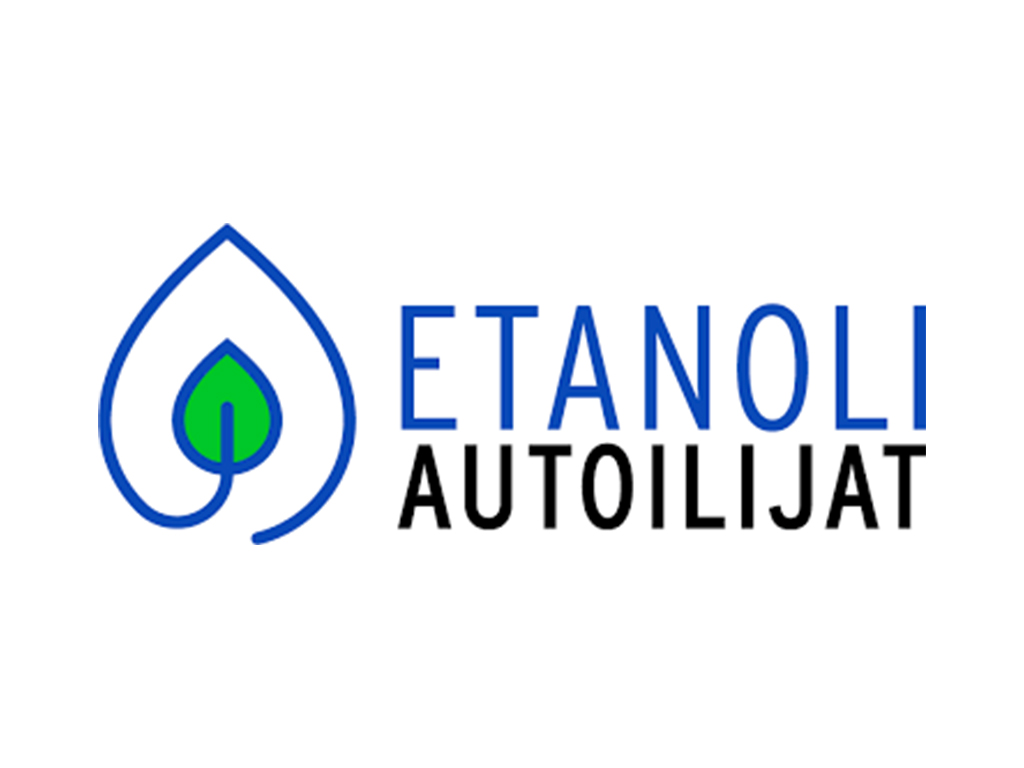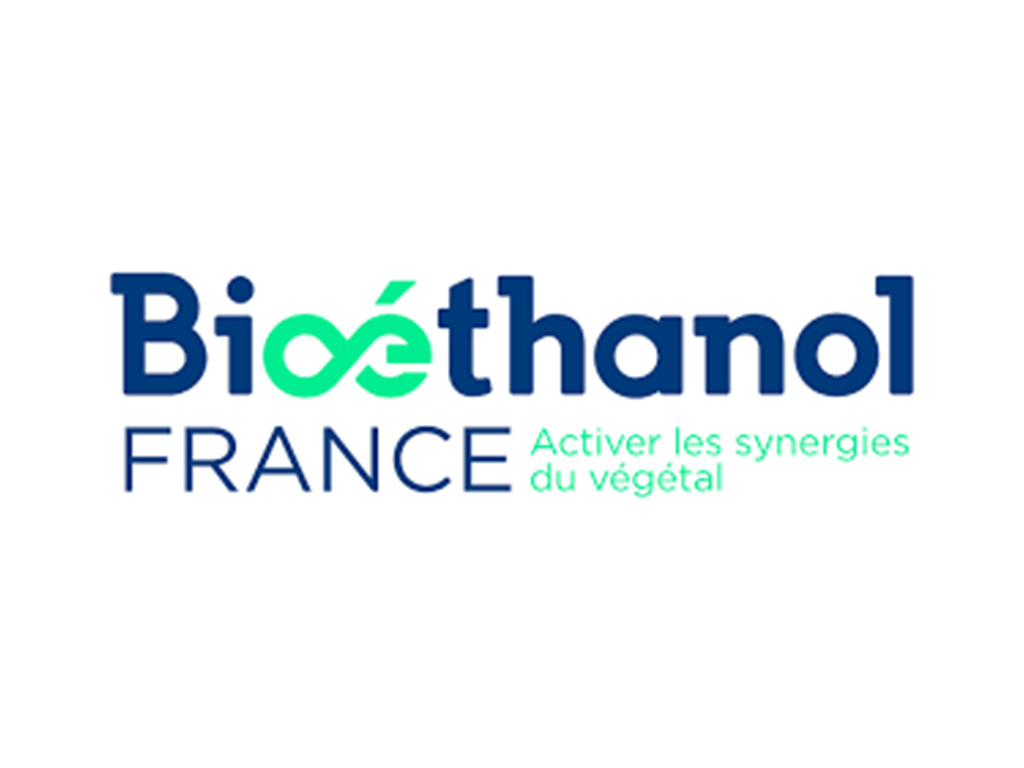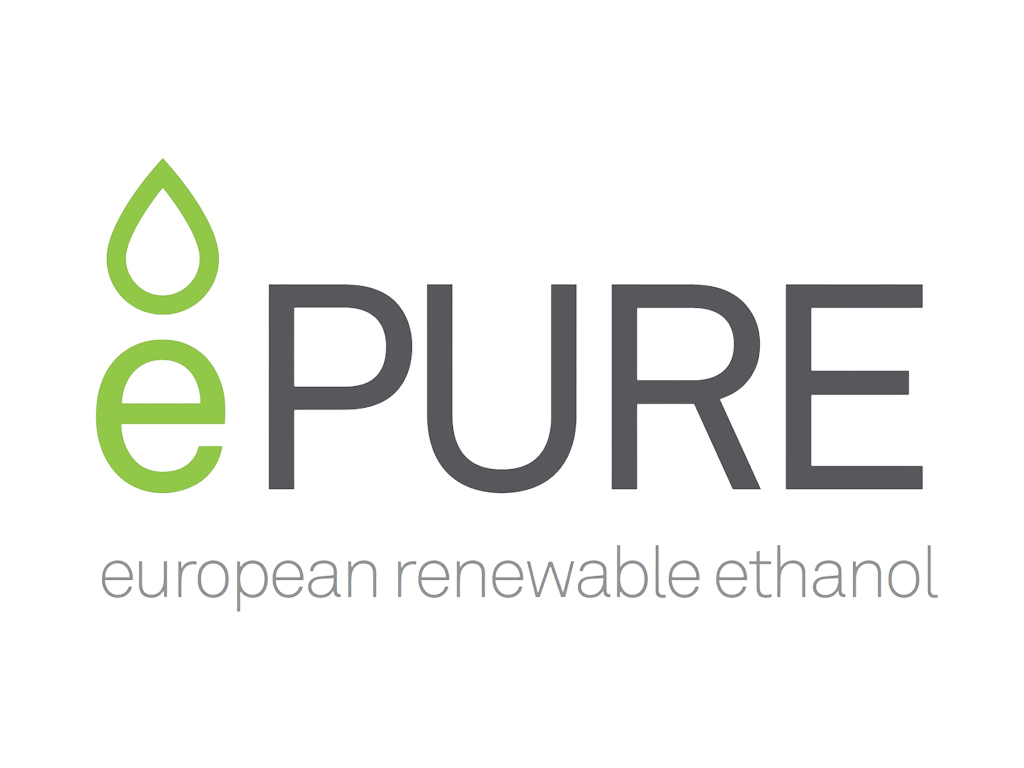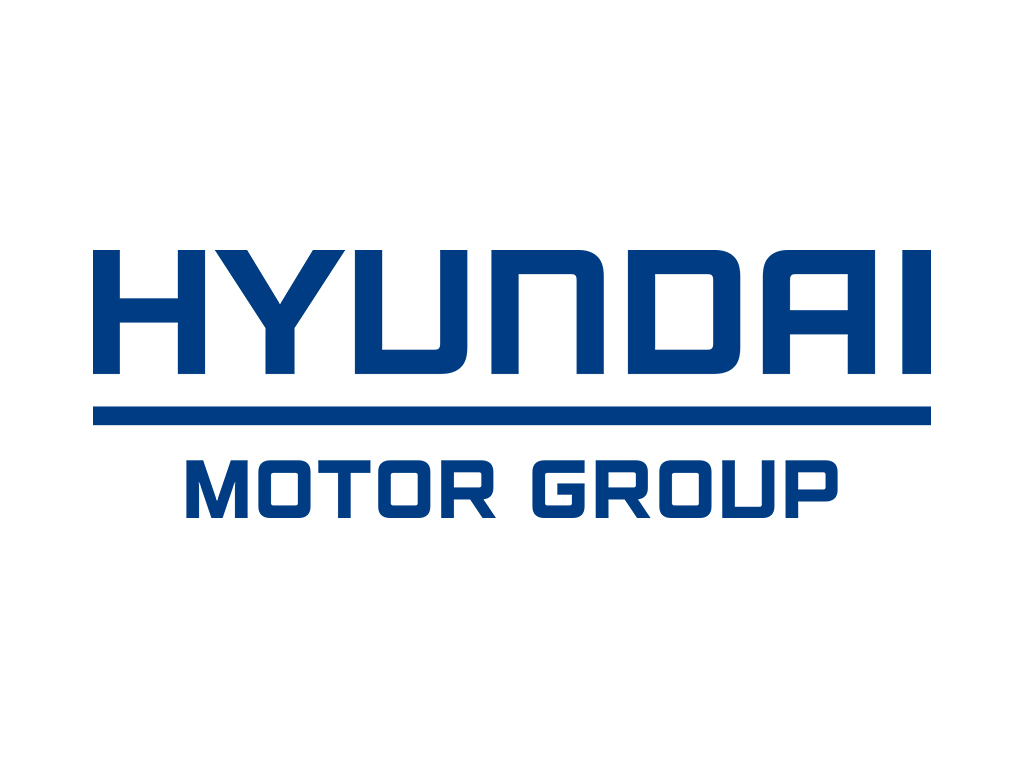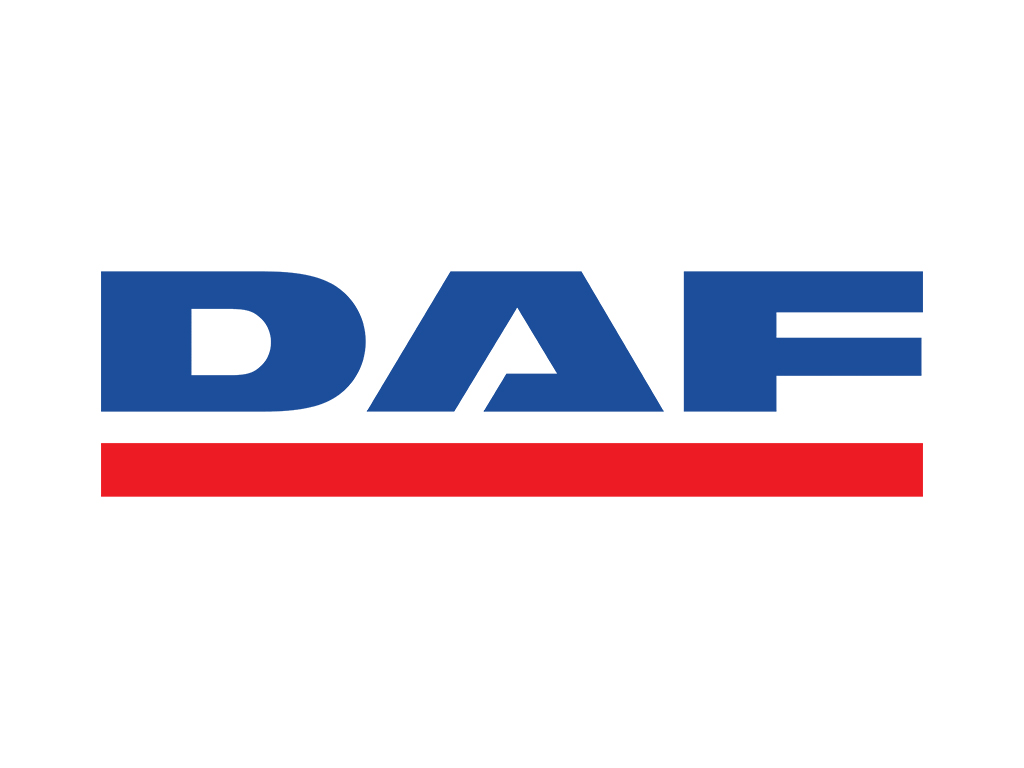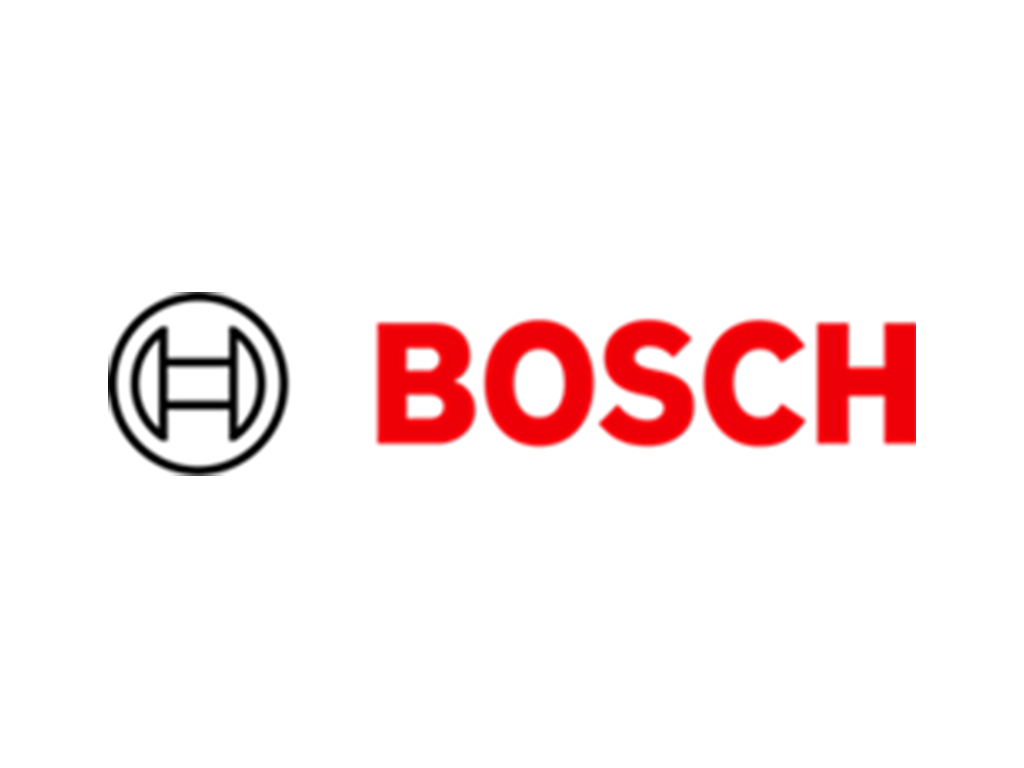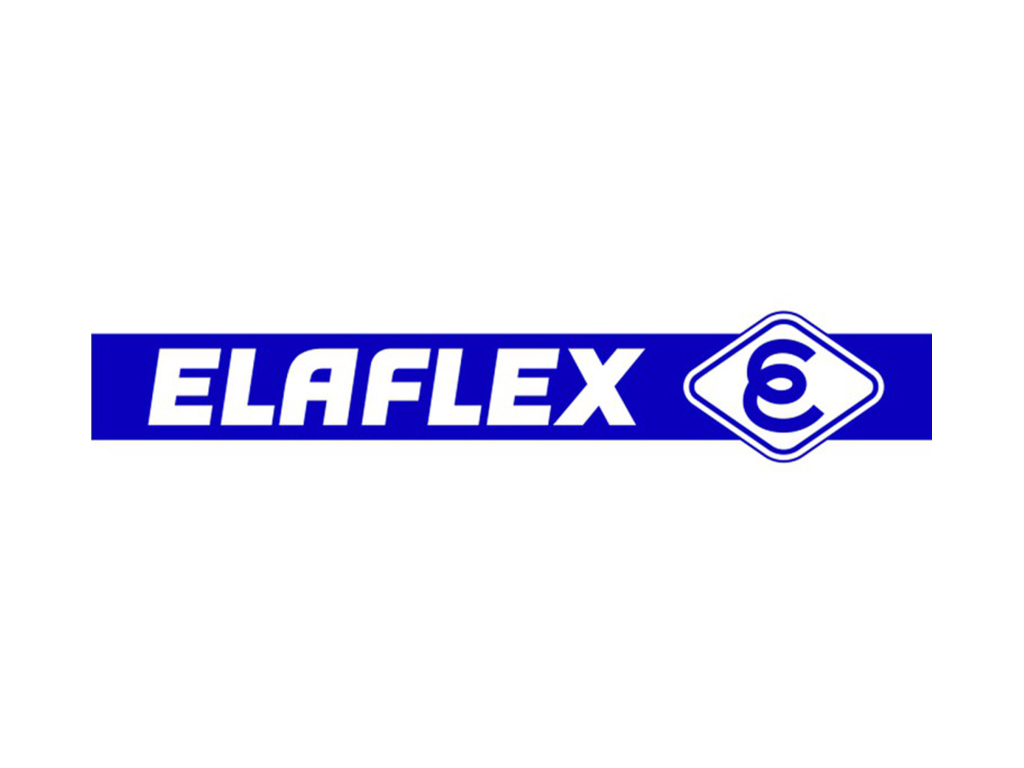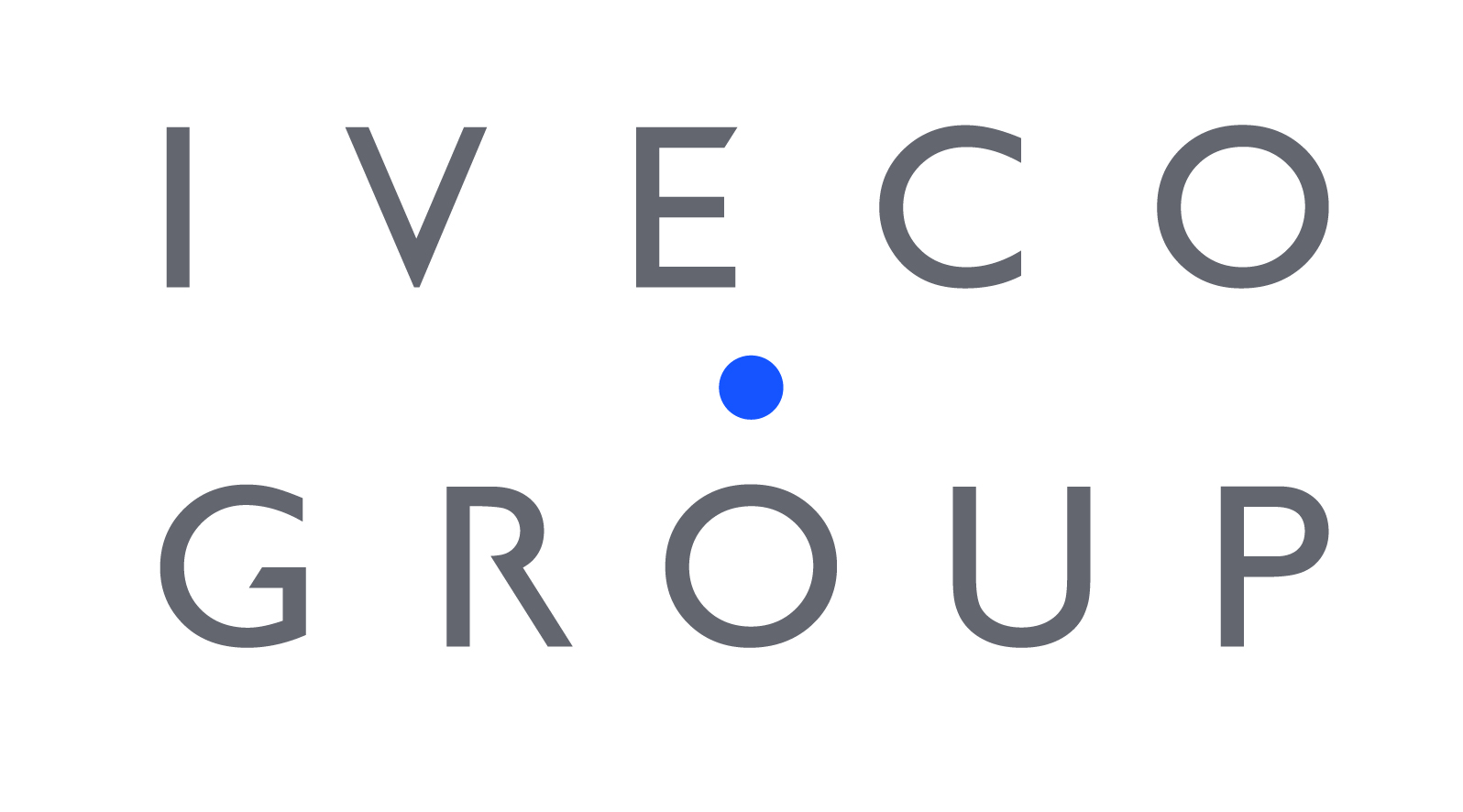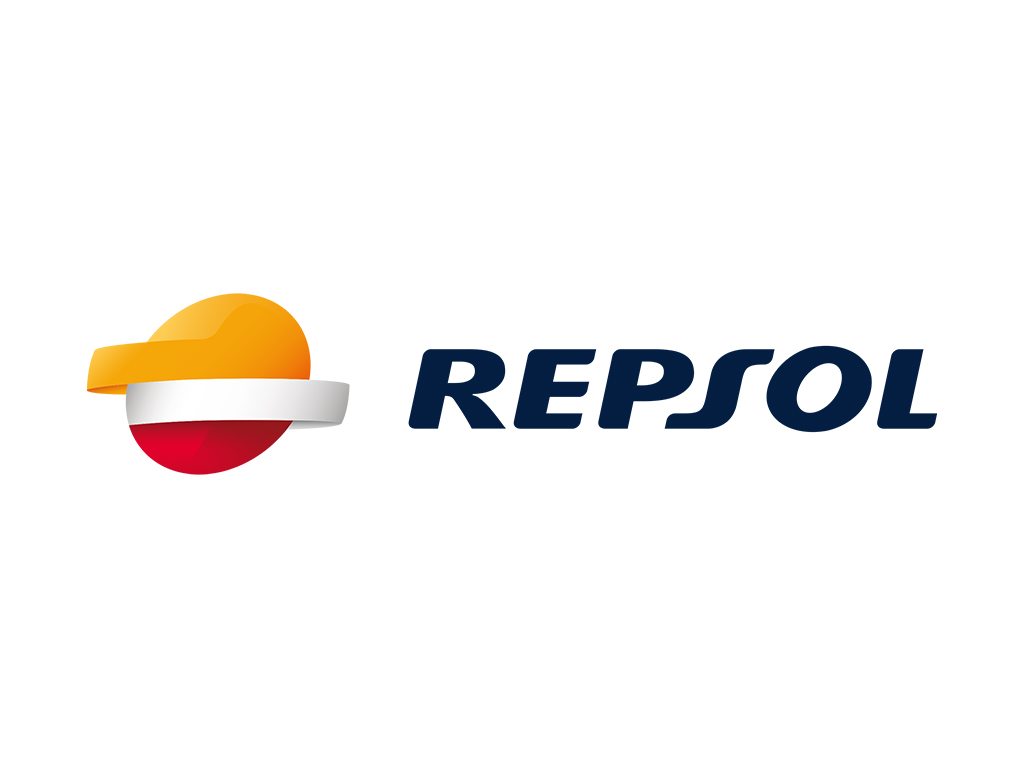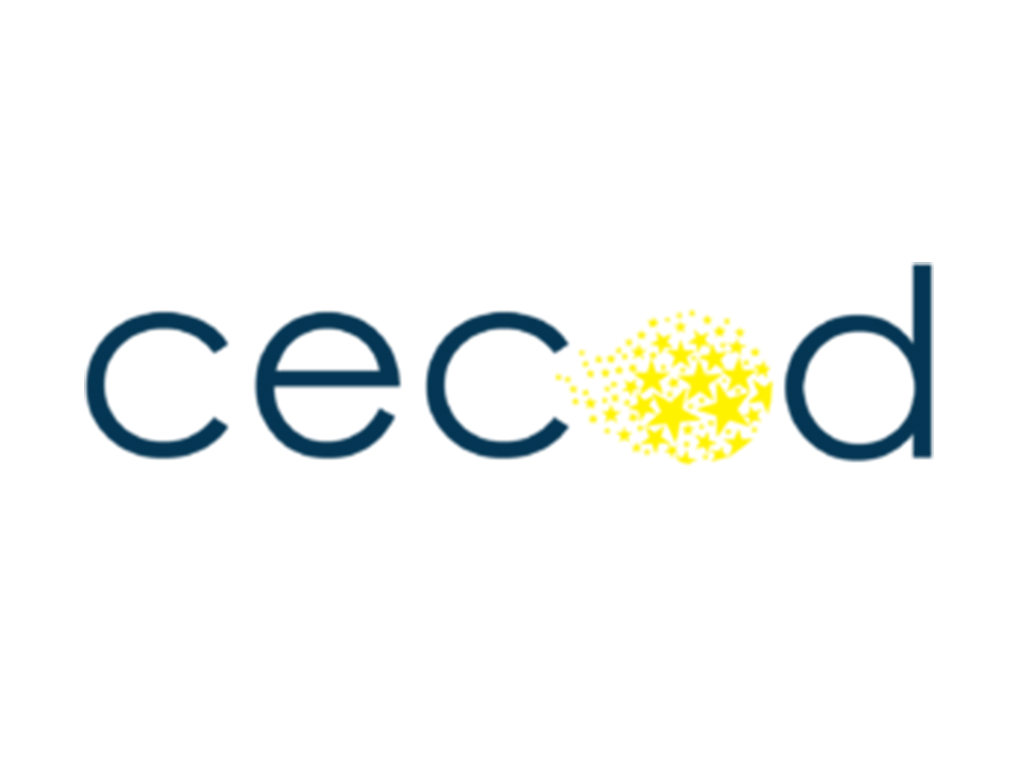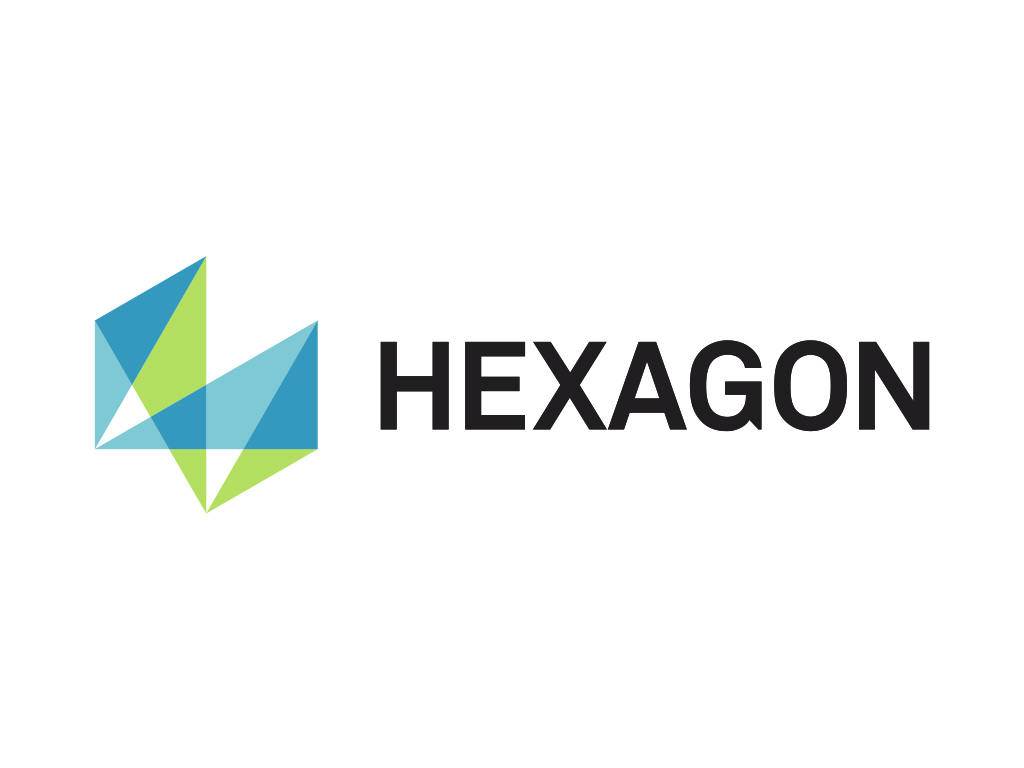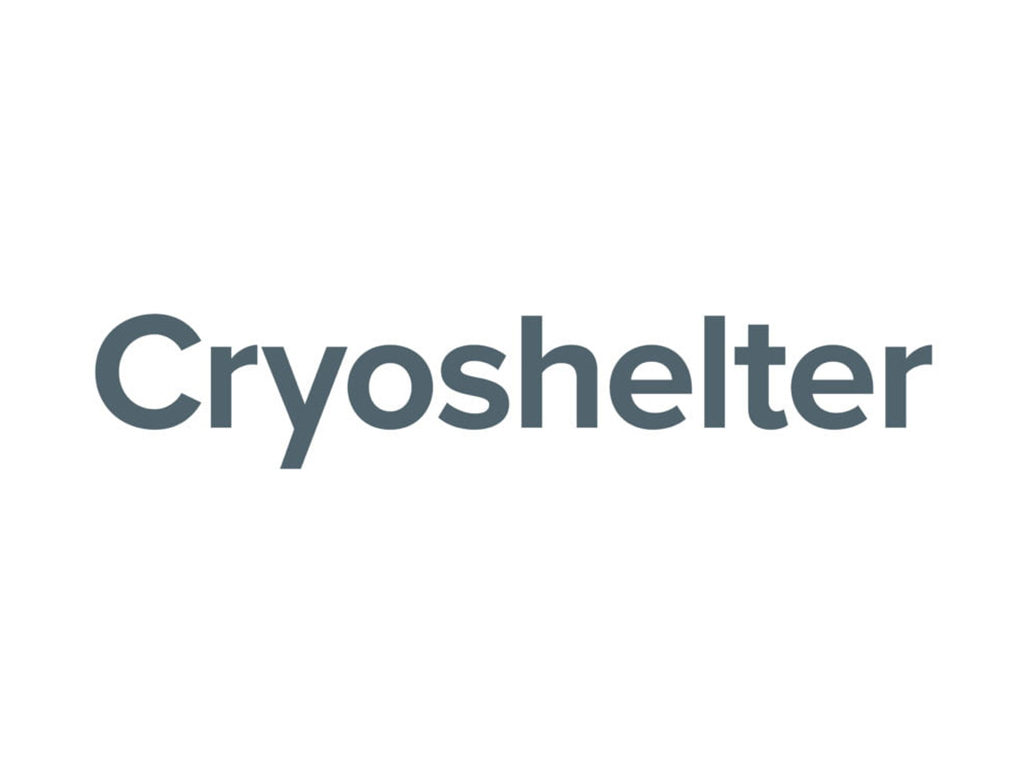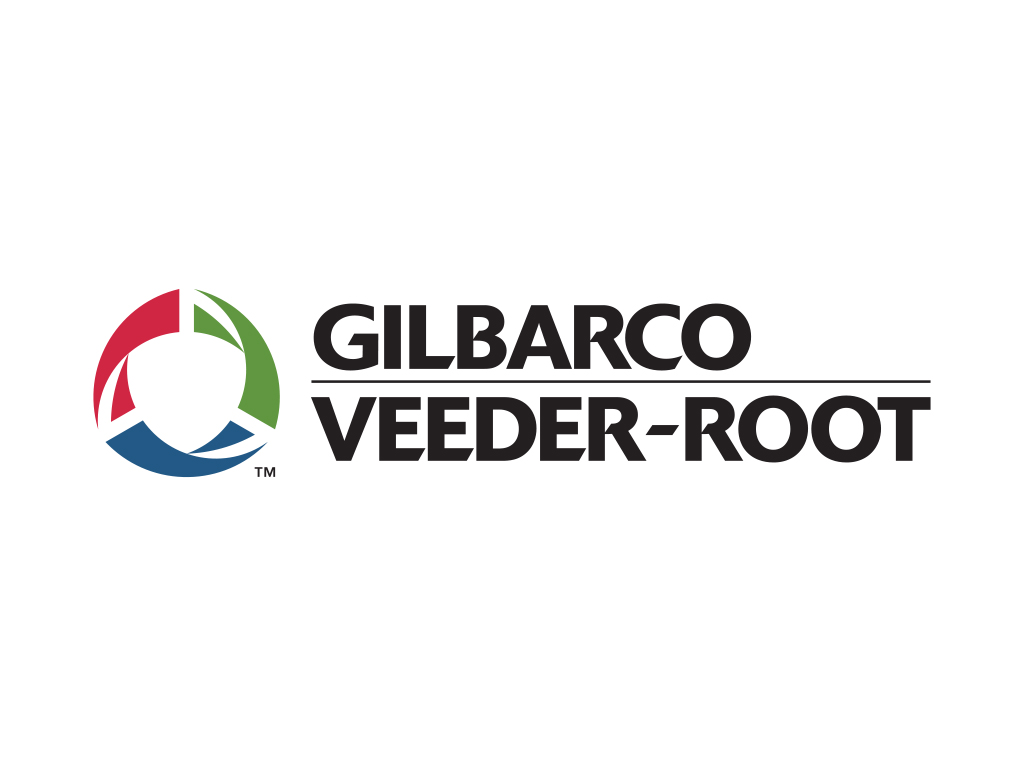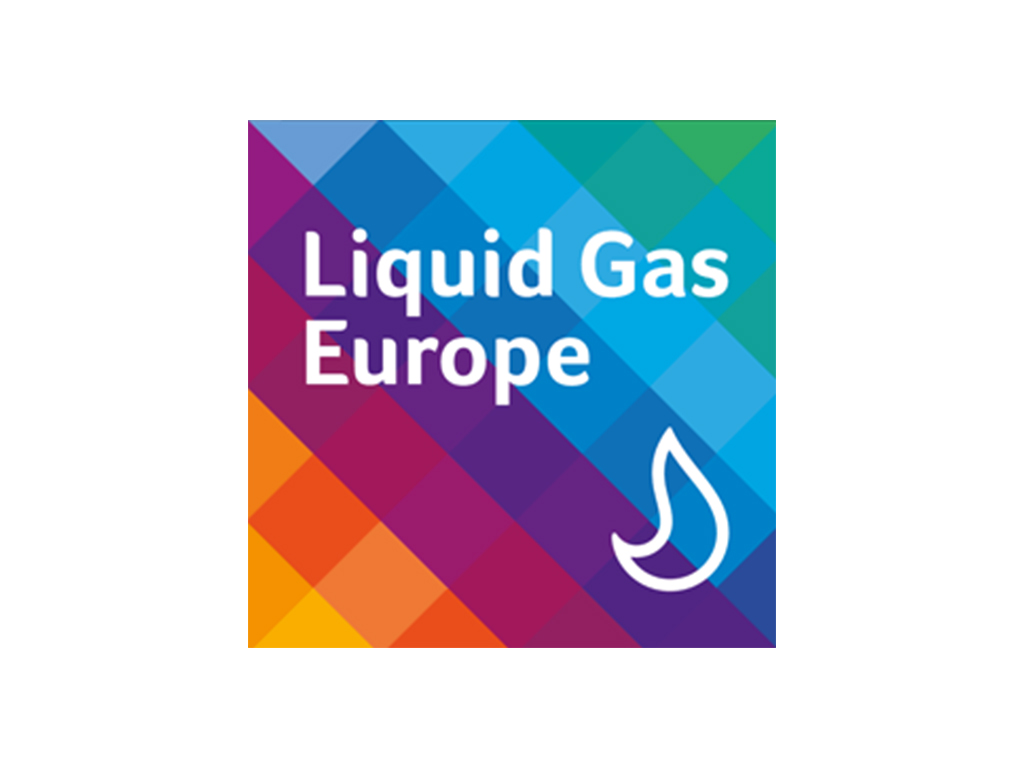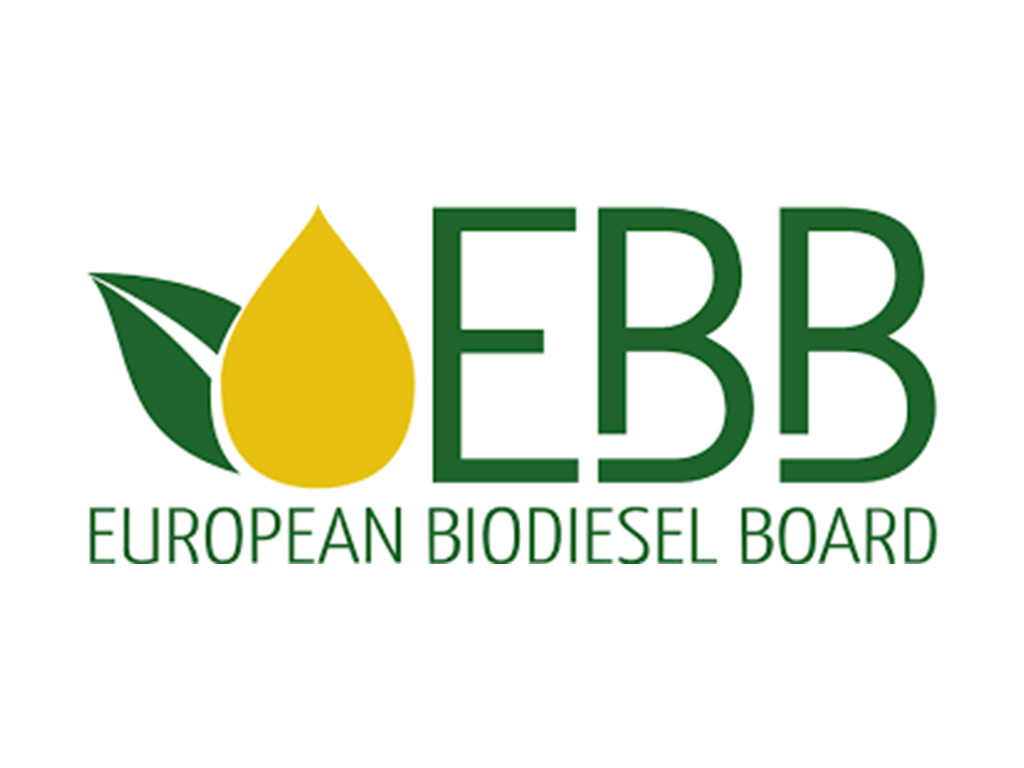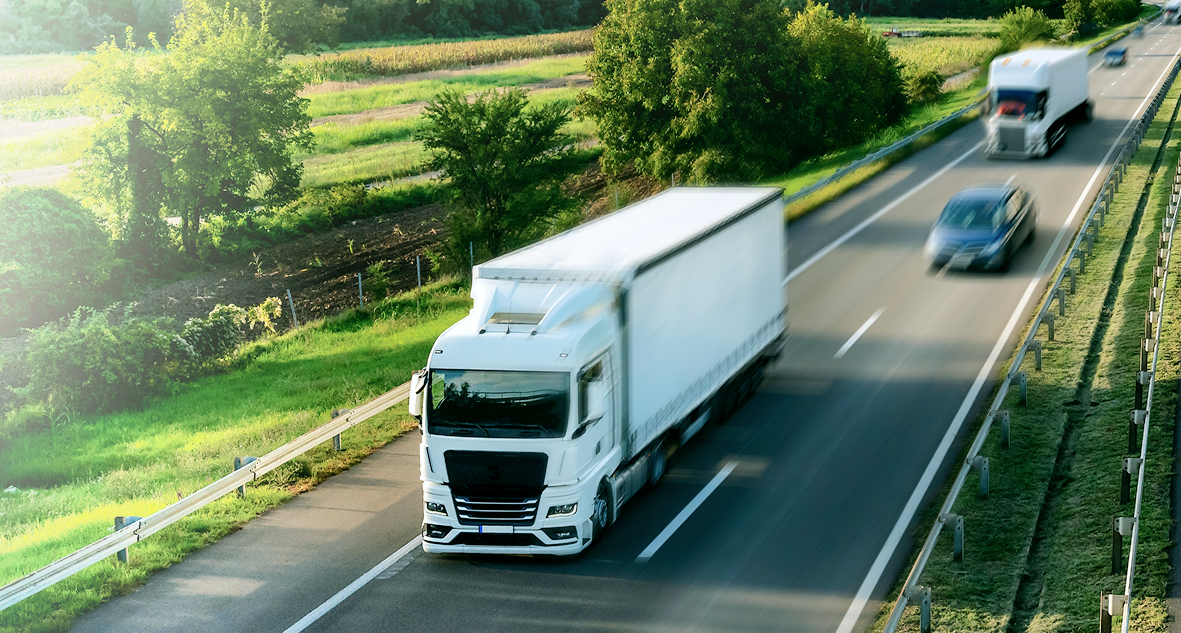
A Pathway to climate neutrality for road transport
A Pathway toclimate neutrality
for road transport
We bring industry actors together across the fuel and automotive value chain, offering a platform that bridges technical and regulatory expertise.
Who we are
The Working Group on Monitoring Methodologies of CO₂-Neutral Fuels (WGMM) brings together a voluntary coalition of stakeholders from across the automotive value chain – feedstock to end-users – which includes fuel manufacturers and suppliers, vehicle manufacturers and their supply chain, logistics and distribution, and the retail sector, including equipment and marketing.
Objectives
Our goal is to define a new EU vehicle class using CO₂-Neutral Fuels, as was agreed by regulators in the emission standards for light-duty vehicles (2023) and heavy-duty vehicles (2024). Our 2024 Technical Report is the source for our technical engagement and advocacy outreach in Member States and at the EU level. We aim to become the go-to partner on the regulatory landscape of CO₂-Neutral Fuels.
Activities
The WGMM generates visibility through events, publications and meetings with public officials and relevant stakeholders. The Working Group is composed of a Steering Group, a Technical Subgroup (SG1), and a Regulatory Subgroup (SG2), supported by a Secretariat, and compliance lawyers. Members meet regularly to discuss common issues and prepare the group’s activities and outcomes.
Options for CO₂ Neutral Fuels
Eleven Monitoring Methodologies
WGMM Insights
Our Report from 2024
The WGMM report presents a comprehensive assessment of 11 methodologies for monitoring the use of CO₂-neutral fuels in road transport. Explore key findings on CO₂-neutral fuel monitoring and industry collaboration. Find the full version here.
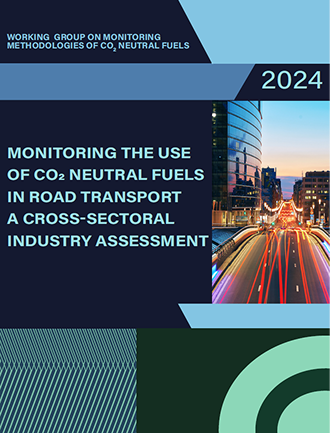
Key facts
WGMM at a glance
people directly involved
members
meetings held
pages of our 2024 Report


